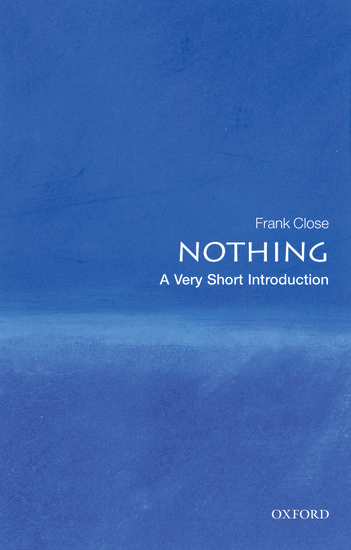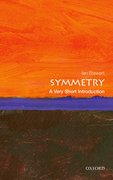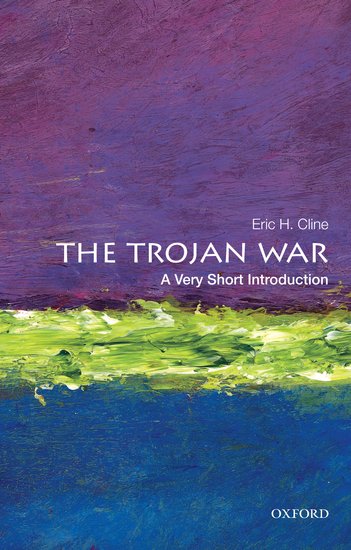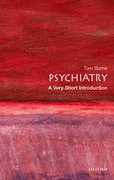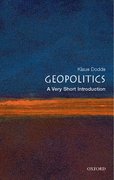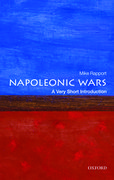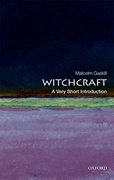By Mike Rapport
Modern wars, someone once wrote, are fought by civilians as well as by armed forces. In fact, it is of course a truism to say that civilians are always affected by warfare in all periods of the past – as the families left behind, by the economic hardship, by the horrors of destruction, plunder, requisitioning, siege warfare, hunger and worse. The involvement of civilians in modern wars, however, became more intense because, with the advent of ‘total war’, belligerent states began to mobilise the entire population and material resources of the country. The French Revolutionary and Napoleonic Wars were an early example of the ways in which a modern war could grind millions of people up in its brutal cogs, whether as conscripts in the firing lines of Europe’s mass armies and navies, or as civilians caught in the path of the oncoming battalions and trapped in the crossfire of the fighting itself. At the Oxford Literary Festival on 24 March, I will be speaking about the non-combatants who, in one way or another, found themselves entangled in the wars.


